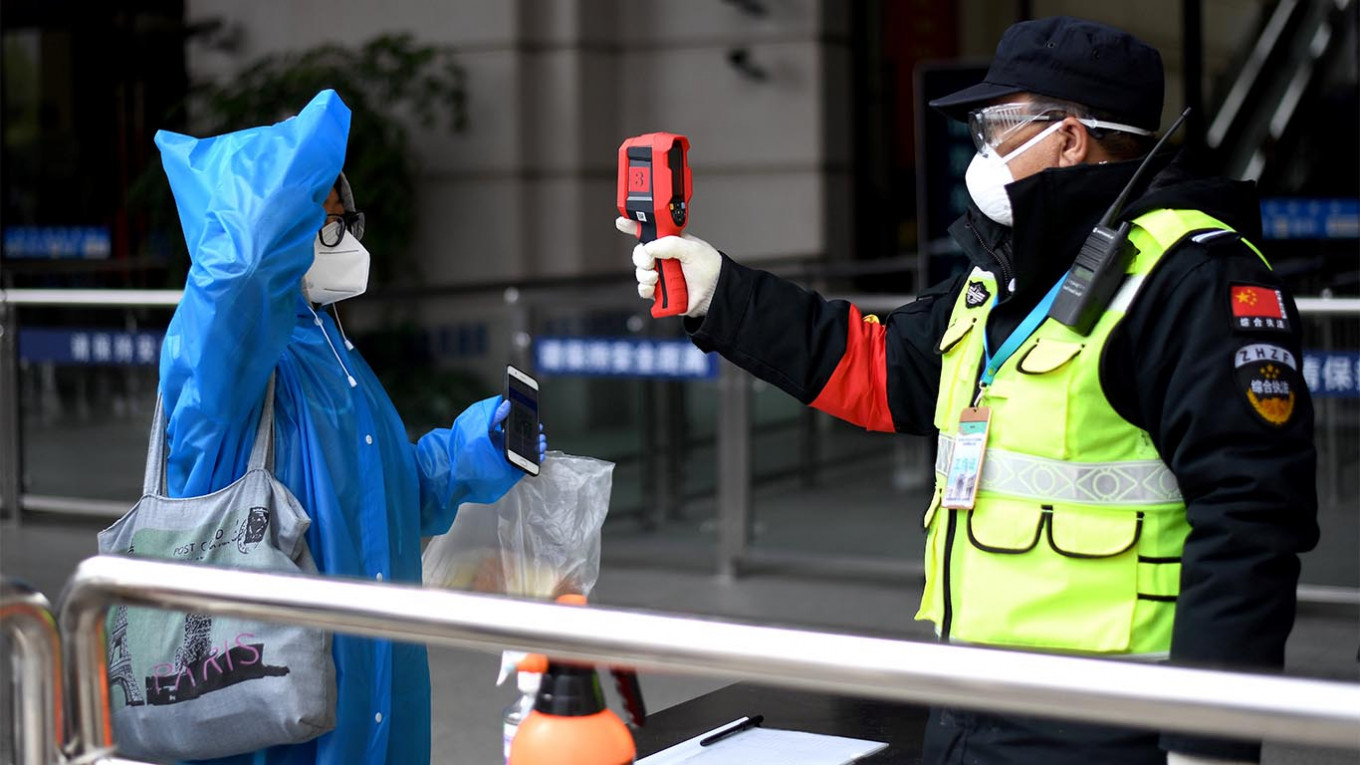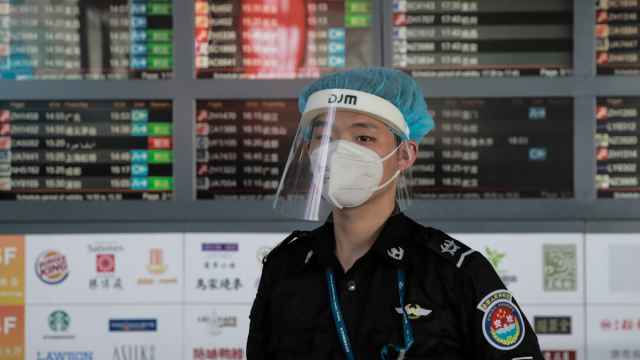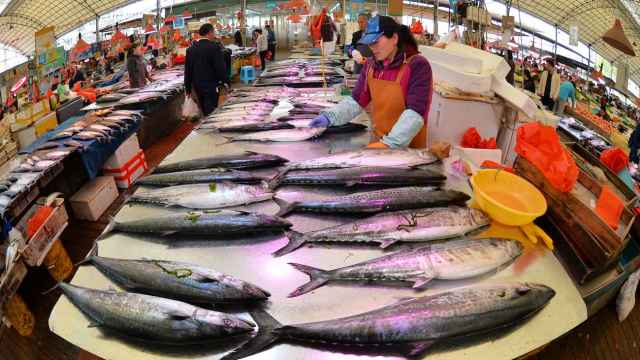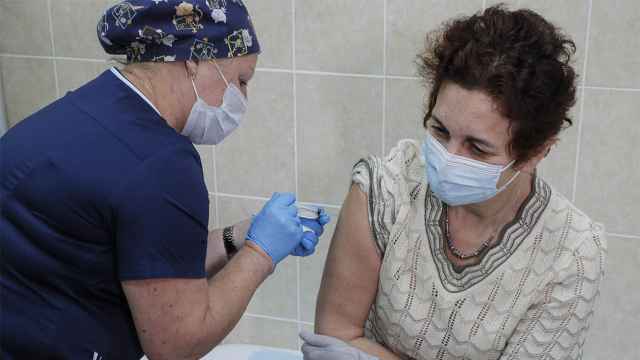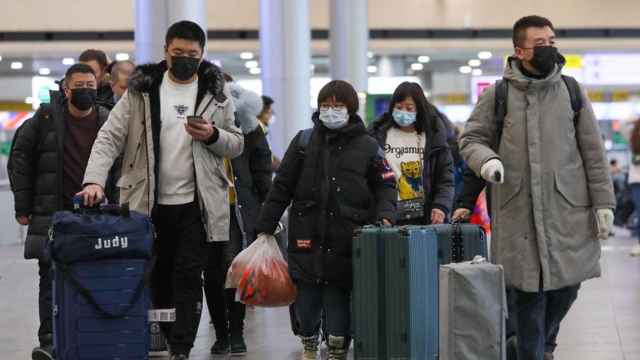China's northernmost province has tightened its border controls to prevent new coronavirus infections from neighboring Russia, Bloomberg reported Monday.
A growing number of Chinese nationals have returned from Russia with the virus, threatening a second wave after the country where the pandemic originated has largely brought its domestic outbreak under control. The estimated 250 coronavirus cases brought from Moscow and Vladivostok could point to the severity of Russia’s outbreak, where experts have questioned the reliability of testing.
The Heilongjiang province began 24/7 patrols of its border with five Russian regions, Bloomberg reported, a week after the countries agreed to close their main checkpoint for land transit.
It added that China has prepared for a new surge in Covid-19 patients by converting an office building near the border into a makeshift hospital and sending experts there.
Heilongjiang’s border city of Suifenhe and the region’s capital Harbin have mandated 28 days of quarantine as well as tests for all arrivals from abroad, according to Reuters. It reported that Suifenhe imposed restrictions on movement and gatherings last week similar to those in central China’s Wuhan, where the Covid-19 pandemic first emerged.
According to China’s state-run Xinhua news agency, authorities in Suifenhe are ordering Russian truck drivers to park their vehicles and “live” in specially designated areas.
Russia reported a total of 18,328 coronavirus cases Monday after a new one-day spike in infections, making it the world’s 15th most-affected country. China’s 82,160 overall cases place it seventh in the world, with 98 of its 108 new cases reported Monday imported from abroad.
The Kremlin has declined to comment on China’s report that more than half of its new coronavirus infections originated in Russia.
A Message from The Moscow Times:
Dear readers,
We are facing unprecedented challenges. Russia's Prosecutor General's Office has designated The Moscow Times as an "undesirable" organization, criminalizing our work and putting our staff at risk of prosecution. This follows our earlier unjust labeling as a "foreign agent."
These actions are direct attempts to silence independent journalism in Russia. The authorities claim our work "discredits the decisions of the Russian leadership." We see things differently: we strive to provide accurate, unbiased reporting on Russia.
We, the journalists of The Moscow Times, refuse to be silenced. But to continue our work, we need your help.
Your support, no matter how small, makes a world of difference. If you can, please support us monthly starting from just $2. It's quick to set up, and every contribution makes a significant impact.
By supporting The Moscow Times, you're defending open, independent journalism in the face of repression. Thank you for standing with us.
Remind me later.


